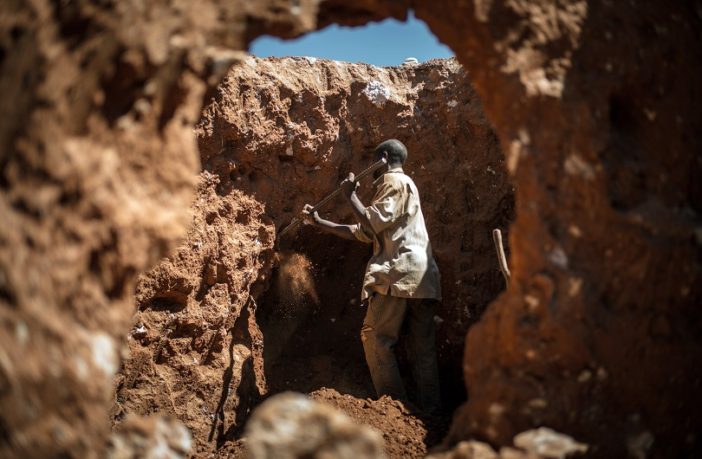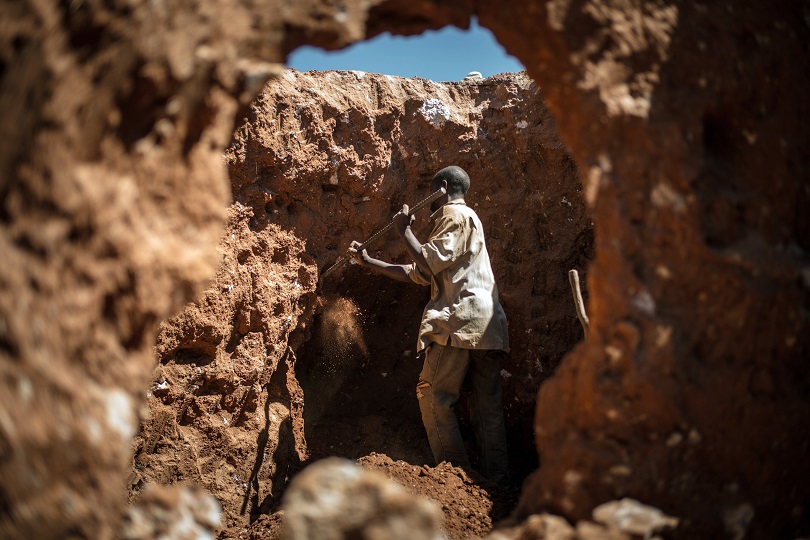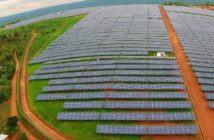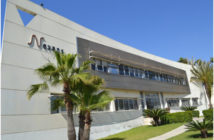Business Insider
David Ross
Reuters reports BMW will start sourcing its cobalt, a central component in producing its next generation of vehicles, from Australia and Morocco.
The move marks a step away from procuring cobalt from the Democratic Republic of Congo, which has 45 per cent of the world’s deposits according to data cited by KPMG. The reasoning, according to an executive quoted by Reuters, is to ensure the cobalt is not produced by child labour.
The production of its next generation of electric vehicles is expected to start in 2020.
Australia has the second largest reserves of cobalt, but well behind Congo. While Morocco’s long link with cobalt stretches back to the 1930s with the Bou Azzer mine. The huge mine is one of the few in the world that produces cobalt as a primary product, according to a British Geological Survey report.
According to figures cited by BMW in a story by Reuters, 15-20 per cent of Congo’s cobalt comes from the manual mining sector, which has been found in the past to be rife with child labour.
NGOs including Amnesty international have previously called on companies to do more to stop exploitation in Congo’s cobalt mines, putting pressure on major buyers.
In 2016, Amnesty called out electric cars, saying “customers need to be aware that their green cars could be linked to the misery of child labourers”.
“Amnesty International’s research shows that there is a significant risk of cobalt mined by children ending up in the batteries of electric cars,” Mark Dummett, Business and Human Rights Researcher at Amnesty International, said in a statement.
“These vehicles are presented as the ethical choice for environmentally and socially conscious drivers, so the companies that manufacture them must come clean and prove they have acted diligently in getting their supplies.”
Reuters reports BMW said last year it was working together with German development agency Deutsche Gesellschaft für Internationale Zusammenarbeit (GIZ) GmbH to improve conditions in mining sites where manual labour is used to extract the mineral in Congo.
Amnesty said electric car makers General Motors, Renault-Nissan and Tesla “have failed to disclose the steps they are taking to ensure that cobalt mined by child labourers as young as seven in the Democratic Republic of the Congo is not used in their batteries.”
While in 2017, Amnesty also called on phone companies to do more to stop child-mined cobalt entering the supply chain.
“Nearly two years on, some of the richest and most powerful companies in the world are still making excuses for not investigating their supply chains. Even those who are investigating are failing to disclose the human rights risks and abuses they find,” Seema Joshi, head of business and human rights at Amnesty International, said in a statement.
“If companies are in the dark about where their cobalt comes from, so are their customers.”
According to figures cited in the Financial Times Congo produces 98.3 per cent of the world’s mined cobalt followed by the Philippines, Cuba, and only then Australia. Morocco sits in 11th place internationally.
But prices of cobalt crashed in the last year, down from US$93,750 a tonne in March 2018 to US$29,000 in March 2019, according to data from the London Minerals Exchange.
Prices have come up a bit since then, sitting at US$34500 but not at a point many experts think is enough to push new big mines to open.

Image: Supplied
Cobalt is often produced as a byproduct of other minerals processing. It is used in the production of alloys and electronics, or even blue paints, ceramics, inks and glass.








